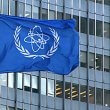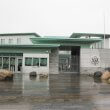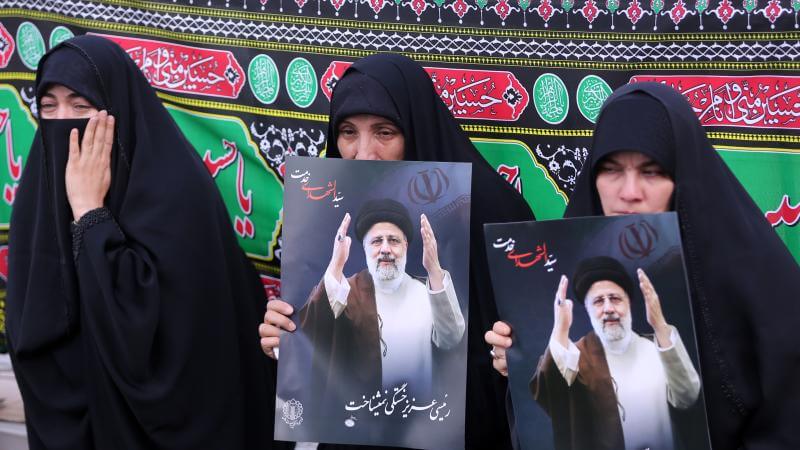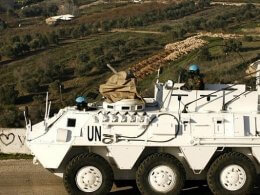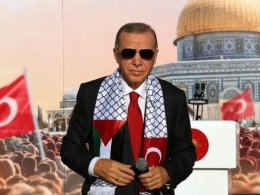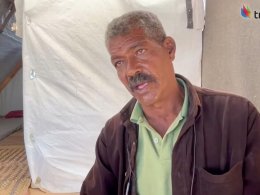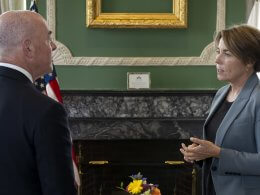The United States on Monday issued its condolences upon the death of Iranian President Ebrahim Raisi despite allegedly overseeing major human rights abuses.
"The United States expresses its official condolences for the death of Iranian President Ebrahim Raisi, Foreign Minister Amir-Abdollahian, and other members of their delegation in a helicopter crash in northwest Iran," State Department spokesperson Matthew Miller said. "As Iran selects a new president, we reaffirm our support for the Iranian people and their struggle for human rights and fundamental freedoms."
Miller defended the State Department's message during a press conference Monday, stating that the U.S. offered condolences upon the deaths of Venezuelan leader Hugo Chavez and Soviet leader Joseph Stalin, both of whom the U.S. had major disagreements with.
"It is a step that the United States takes, recognizing that people have families, and in no way, in no way at all undermining our fundamental view of the Iranian regime and its crimes against its own people and our support for the Iranian people," Miller said.
However, upon the death of Chavez, the U.S. did not offer condolences, but instead said it "reaffirms its support for the Venezuelan people and its interest in developing a constructive relationship with the Venezuelan government."
Then-Secretary of State Hillary Clinton made a similar statement upon the passing of North Korean leader Kim Jong Il, stating: "We are deeply concerned with the well being of the North Korean people and our thoughts and prayers are with them during these difficult times."
Upon the death of Stalin, then-U.S. President Dwight D. Eisenhower said, "The government of the United States tenders its official condolences to the Government of the U.S.S.R. on the death of Generalissimo Joseph Stalin, Prime Minister of the Soviet Union," according to the University of California Santa Barbara.
Raisi, who is known as the "Butcher of Tehran," died Sunday in a helicopter crash alongside Amir-Abdollahian and other officials.
Raisi received his derogatory nickname after he oversaw the deaths of up to 30,000 people, including some children, in 1988, according to Tablet Magazine. He continued his brutality into his presidency as he cracked down on protests that sparked after 22-year-old Iranian Kurdish woman Mahsa Amini died in police custody after she was arrested for allegedly wearing her hijab improperly.
Related Story: Islamic Republic President, Foreign Minister Confirmed Dead in Helicopter Crash



